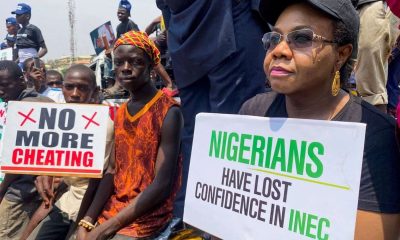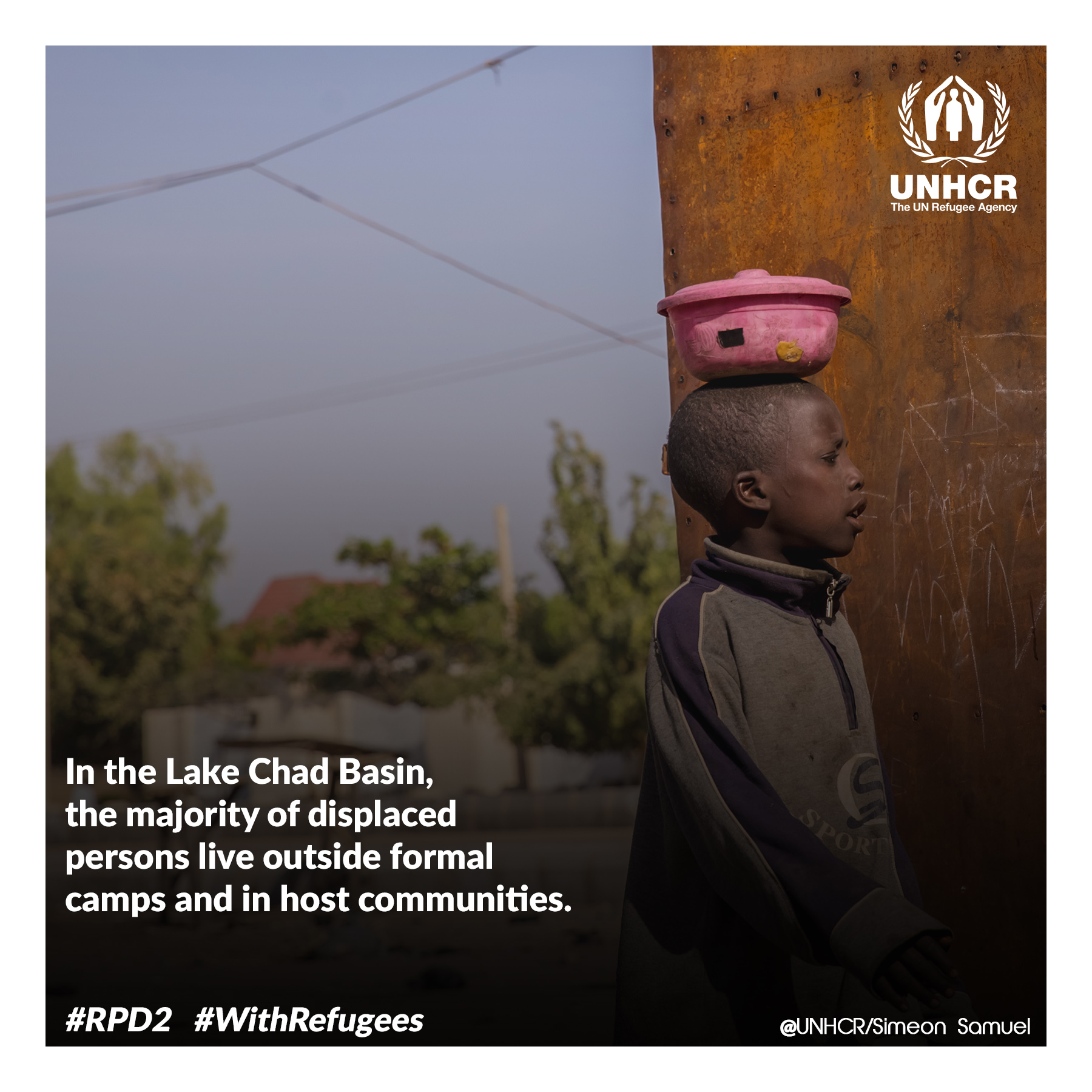United Nations High Commissioner for Refugees (UNHCR) has disclosed that about 320,000 Nigerians were displaced between October 2018 and January 2019.
The disclosure was made at the 2nd Regional Protection Dialogue on the Lake Chad basin in Abuja, 28 January 2018 which proceeded the launching of the 2019 to 2021 Humanitarian Response Strategy.
In her opening address, the Regional Refugee Coordinator for Nigerian refugees and UNHCR Regional Representative for West Africa, Ms. Liz Kpam Ahua acknowledged the successes achieved by military operations that have led to the recovery of local government areas in the north east but expressed concerns over the continued increase in the number of displace people in the region.
According to her, she acknowledged the deliberate and concerted efforts of the four countries of the Lake Chad Basin to bring the Boko Haram crisis to an end and while recognizing the successes achieved by military operations that have led to the recovery of local government areas in north-eastern Nigeria that had been occupied by Boko Haram.
“We are dismayed to witness new displacement of people in Borno State and the flight of thousands more into Cameroon and Chad. All together, close to 320,000 persons have been displaced anew in the last three months of 2018 and this very month of January,“ she said.
The second Regional Protection Dialogue (RPD) is coming two and half years after the first dialogue was held. Contrary to the position of the Nigerian government, Boko Haram still has the capacity to launch coordinated attacks against communities in Nigerian territories.
These attacks by Boko Haram has left and inflicted pains on over 7.5 million women, girls, boys, men and young and old in north east and areas around the Lake Chad Basin. It is estimated that over 2.5 million of this lot are displaced within and without Nigerian borders while close to 230,000 are presently or indirectly feeling the pain, agony, deprivation and violence arising from the crisis, UNHCR noted.
UNHCR also expressed concerns over the escalation of some conflicts particularly herder-famer conflict in the north central part of Nigeria which has led to the destruction, deaths and displacement of people.
“We do not seek to alarm anyone but the situation of those impacted by this complex situation is pre-occupying and worrisome. The communities in all these countries are becoming more improverished and living life on the fringes of extreme poverty.
“It is for these very reasons that in addition to the RPD, we have decided to seek to broaden our response towards a longer term approach, to support those forced to flee and the communities hosting them,“ Ahua said.

 Health1 week ago
Health1 week ago
 Business1 week ago
Business1 week ago
 Latest1 week ago
Latest1 week ago
 Football7 days ago
Football7 days ago
 Health6 days ago
Health6 days ago
 Latest1 week ago
Latest1 week ago
 Crime6 days ago
Crime6 days ago
 Latest1 week ago
Latest1 week ago

